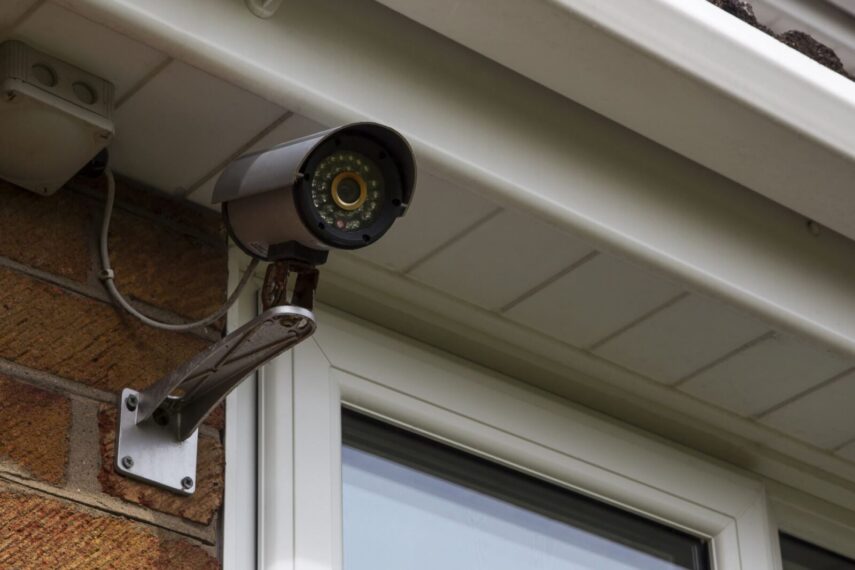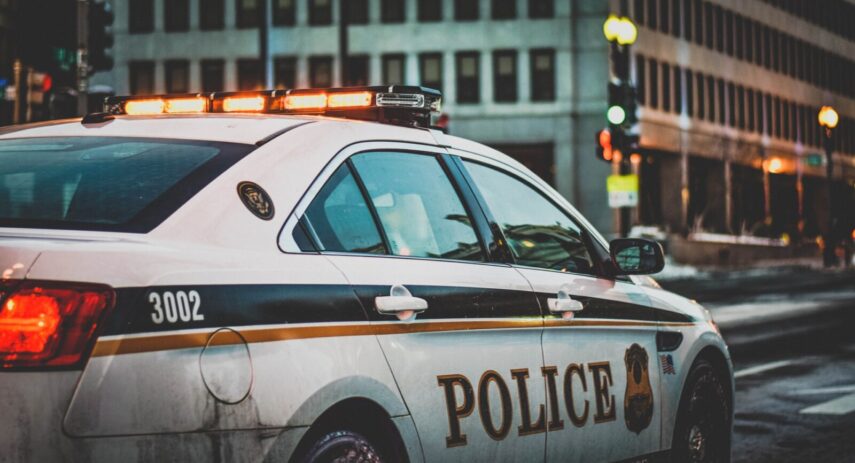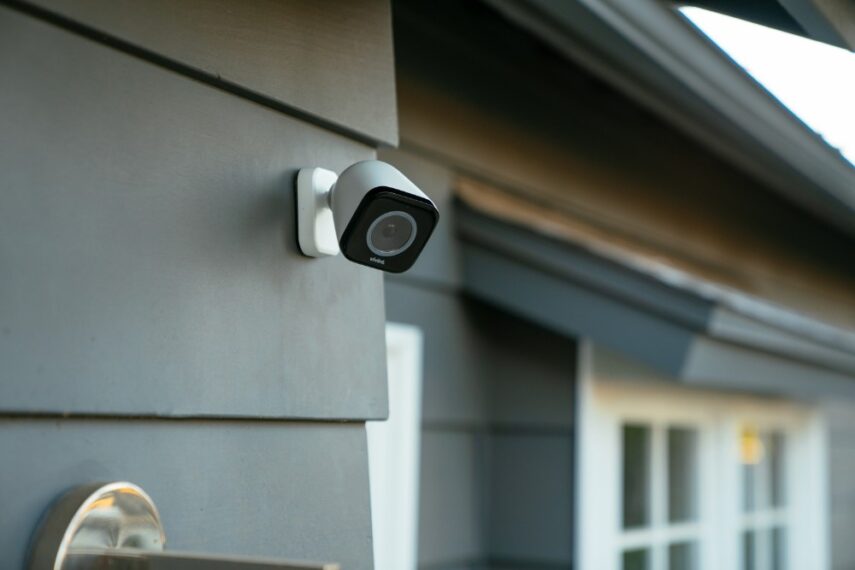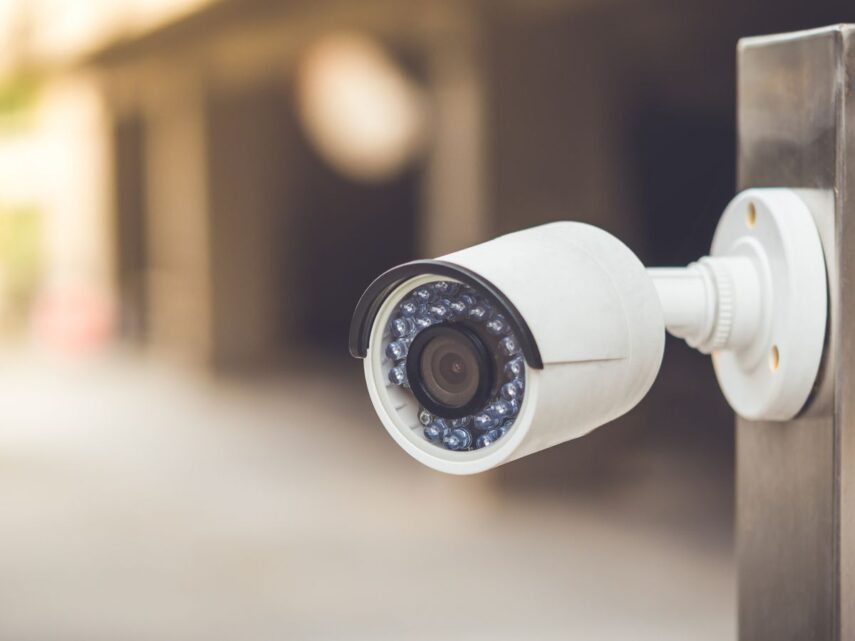Imagine being a police officer investigating a crime in a local neighborhood. A lack of evidence leaves you going door-to-door in hopes of finding someone who can help you. What if you had a list of neighborhood homes known to be equipped with exterior video cameras? Would video footage not make your job easier? The Concord, California police department thinks so.
Concord PD is sold on the value of video surveillance. So much so that they recently launched a program whereby local residents can register their cameras with the department. The goal is to create a comprehensive list of all exterior security cameras in the city so that, in the event of a crime, police can easily figure out who might have helpful video evidence.
So here’s the million-dollar question: would you register your home security cameras with local police? The police say that there are definitive benefits to doing so. Privacy experts may disagree. Ultimately, it is your call. If your local police department wants to register home security cameras, you have to decide for yourself whether you want to participate.

A Completely Voluntary Program
Concord PD is quick to point out that their camera registration program is completely voluntary. There is no city ordnance compelling homeowners to participate. That much is good. Giving homeowners the freedom to choose lets them make their own call on privacy. Perhaps a more important question is this: what happens if a homeowner chooses to register and then changes their mind? Will their data be scrubbed from the records?
Voluntarily participating means giving local police officials information about your cameras. That may mean disclosing how many cameras you own and where on your home they are installed. It wouldn’t be beyond the realm of possibility for police departments to inquire as to the makes and models of residents’ cameras.
Vivint Smart Home is a nationwide company that sells home security and monitoring equipment alongside monthly monitoring packages. They say it’s typical for homeowners to install several exterior video cameras. One provides coverage of the front of the house while another covers the rear. Larger houses on bigger properties might be protected by additional cameras.
Would the local police department want to know about each and every camera? Or perhaps they would be content just to know that your home is camera equipped. It probably depends on how a police department’s program is structured.

Giving Out Private Information
There are investigative benefits to registering home security cameras. Knowing exactly where to find video feeds makes criminal investigations more efficient. Registration alerts investigators to potential evidence they might not otherwise have known about. But at the end of the day, there is no escaping the fact that camera registration requires giving out private information.
Local residents have to be able to trust that the police department will keep their information safe and secure. They have to trust that their privacy will be respected. They have to trust that the police department will not turn around and sell their information to marketing companies.
It is unfortunate to have to think in those terms. But such is the reality. How many companies have we entrusted with our personal information only to discover that they did not safeguard it? How many of us have been victimized by data breaches? As far as selling personal information is concerned, it happens every day.
A local municipality may decide that it will not sell camera information to marketers. Officials may insist that collected data will only be used for police investigations. But there is always the chance that someone in a decision-making position will change things down the road. Claims made today may not hold true tomorrow. Promises made with the best of intentions are easily broken when those intentions are superseded by urgent needs.

Keep Those Cameras Working
Whether or not a property owner decides to participate in a camera registration program, such programs do not help much if cameras are not working. So anyone who chooses to participate can help the cause by routinely monitoring cameras to make sure they remain in good working order.
It is frustrating to police investigators when they learn of potential video footage only to discover that the camera in question wasn’t working when the crime was committed. This happens more frequently than most of us know. Nonfunctioning cameras are more prevalent in business settings, but even homes can be equipped with cameras that do not work.
You may have a family that purchases a home with the security system already installed. However, the family may decide not to pay for monthly service. The home security system becomes little more than ornamentation at that point.
In a business setting, it is not unusual for business owners to neglect their security systems. When things break, they don’t repair or replace them. Whether it is a budget issue or an assumption that the security system really doesn’t do anything, broken cameras remain forever useless. Then what is the point?

It’s An Individual Choice
The Concord PD is now actively requesting that local property owners register their security cameras. The hope is that enough people will participate to give the police department a comprehensive camera network they can utilize to solve crimes. Whether or not property owners participate is an individual choice. Each property owner must decide for themself.
How about you? If your local police department started a similar program, would you register your video cameras? And if so, would you willingly provide police investigators with video footage whenever they contacted you?
Such questions are easy to answer when they are hypothetical. But when they become real, all bets are off. Some people see only the benefits of camera registration. They are eager to sign up right away. Others only see the risks. They stay away from registration at all costs. In reality though, there is a balance between the two. A reasonable person weighs the pros and cons and then makes a decision from there.







